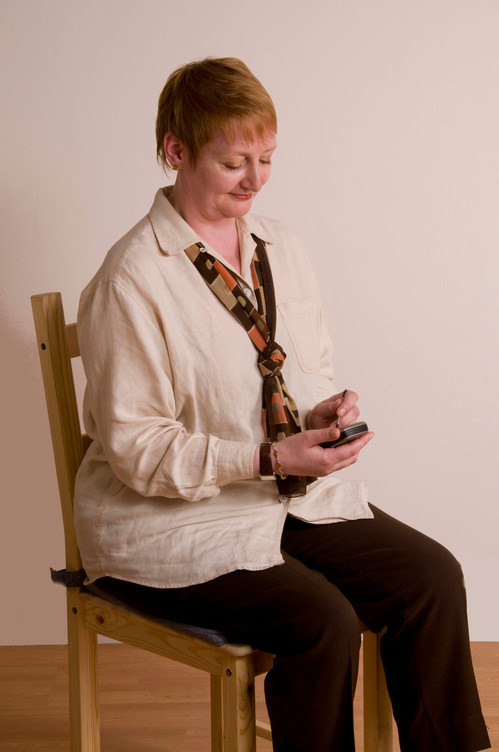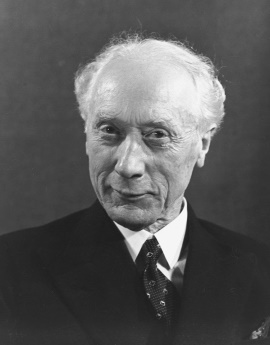Do you spend hours at a time using your smart phone and tablet?
Do you also experience tension headaches and pain such as Text Neck? Maybe back pain and RSI? If so you need to become aware of just how you are using your body whilst using these technological gizmos. Some people become addicted to using them so it would be good to acknowledge just how much time you spend on them, all the time developing habits that will impact on your body and possibly damage your health in the process.
‘Skellyphone’ is my name for this imaginative mural
I love this wall painting in Finsbury Park! It seems to suggest that the person doesn’t even know they are alive, they are so engrossed by the smart phone. The whole energy of the image is down, down, down – in much the way that real phone users sit – even the mouth is down. So that heavy head is off balance and compressing the cervical vertebrae and other parts of the spine so would be likely, in a real person, to result in neck and postural problems. Many, many people are seeking help for painful necks and shoulders that have developed because of the over-use and mis-use of smart phones and other gizmos..
Do you worry about kids ruining their posture through over-use of phones?
If you read my previous posts about Text Neck and how it has been found in children as young as 7 years old, you can see just how heavy our heads are and how neck and tension problems can arise, particularly when the sort of posture Skellyphone is displaying becomes habitual. Don’t let texting become a pain in the neck – we can learn how to do it differently!
We CAN have a Smart Posture to go with our Smart Phone!
The more aware we can be of our tendency to sink and contract down into ourselves when we use phones and other technology, the more likely we will be to be able to change our habits so that we look after our bodies. We can learn how to use them in ways that help us to maintain (or regain) our poise, avoiding tension and pain from developing. Phones are not heavy, yet we often let ourselves collapse down as we hold them as if they weigh a tonne!
Short video about how to avoid Text Neck: https://youtu.be/a2pOtg9qjQc


